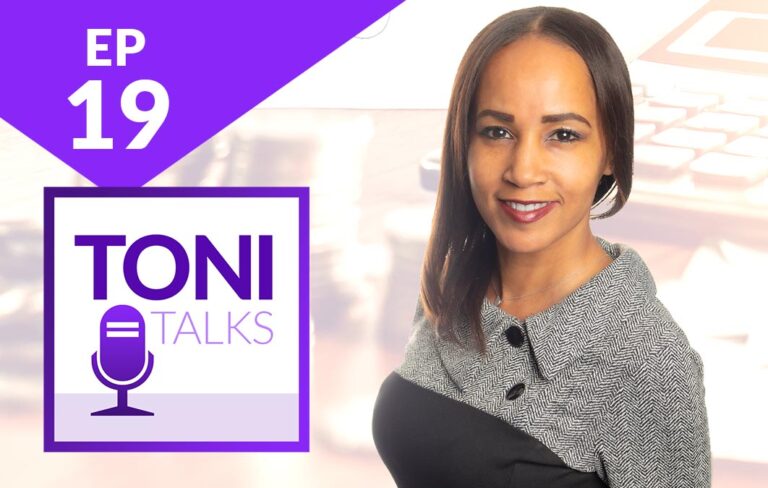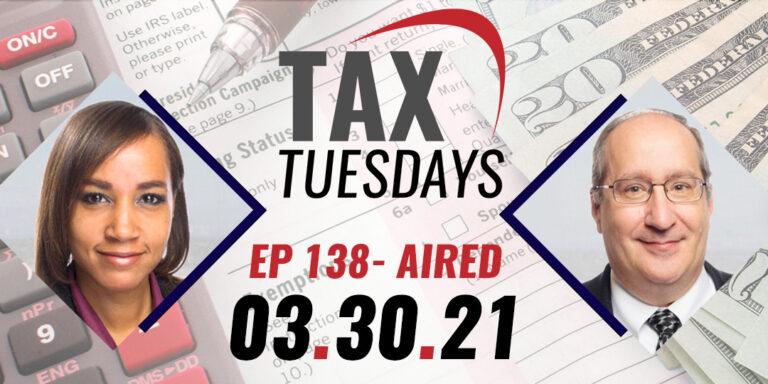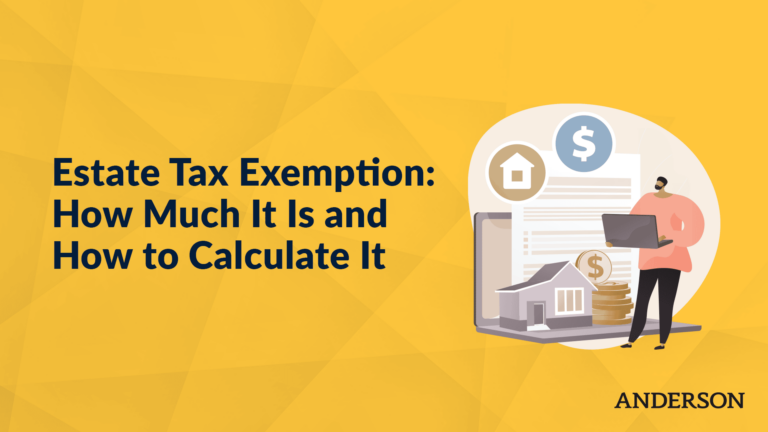In this episode of Toni Talks, enrolled agent Toni Covey talks trusts — different types of trusts, what they’re for, and how to use them in your overall business and investing game plan.
Updated September 22, 2020
Trusts are an important tool in your toolbox. So, let’s break down some of the different types of trusts, how they work, and how to use trusts with other business entities.
Revocable vs. Irrevocable Trusts
Trusts can fall into one of two main categories: revocable or irrevocable. Although the names are somewhat self-explanatory, let’s dig in a bit to look at the differences and similarities.
An easy way to think about revocable trusts is that, while you’re living, your revocable trust is you. As the name implies, revocable trusts can be changed, depending on the grantor. Revocable trusts are also called grantor trusts. Revocable trusts act like a suitcase, holding all your business assets as well as personal assets, including your personal residence. Any asset that would usually show your personal name goes into your revocable trust. Revocable trusts are flow-through entities. This means that the trust does not file its own tax return. Instead, trust activities show up on the personal tax return of the grantor.
As their name implies, irrevocable trusts cannot be changed after their creation. The assets held within an irrevocable trust cannot be removed. Irrevocable trusts are often used to remove some assets from your control and separate said assets from other business assets. Irrevocable trusts are separate taxpayers from their grantors and file their own tax returns. Irrevocable trusts also have their own tax rate, which could be much higher than your personal tax rate. Careful tax planning is key here to make sure that you’re making the most tax-advantageous decisions possible.
Involved Parties: The Trust Trinity
In most cases, we’re talking about grantor (revocable) trusts. The parties involved in any type of trust tend to be the same. However, irrevocable trusts can have additional parties, including trust protectors. This is a deep area of trust law that I won’t dive into right now.
The “trust trinity” is made up of the three main parties to most types of trusts: the grantor, the trustee, and the beneficiary(ies). The grantor is the person who puts assets into the trust. The trustee is the name that goes on titles of assets owned by the trust. The trustee also has basic managerial duties for the trust. With living trusts, the grantor is the trustee while alive, and the grantor identifies a successor trustee to distribute trust assets upon the grantor’s death — if that’s the route chosen. Finally, the beneficiary (or beneficiaries) is the one who gets the benefit of the trust assets, or the one who’s set to inherit the assets in the case of living trusts.
Living Trusts
A revocable trust we use commonly here at Anderson is a living trust, which is the cornerstone of any asset protection structure. Keep in mind, though, that revocable trusts are an estate planning and anonymity tool. They do not provide asset protection. I’ll cover this more in a bit.
Living trusts are living entities. They are revocable as long as the grantor is alive. When the grantor passes, the trust changes — it becomes irrevocable. This transition allows for additional asset protection and tax planning opportunities.
Living Trusts vs. Wills for Estate Planning
We recommend living trusts to our clients because of the tremendous benefits they offer over wills, the more traditional estate planning tool. The biggest benefit of using a living trust instead of a will is that living trusts avoid probate. Probate is the court process by which wills are executed. A will is basically a list of instructions. Ultimately, that list of instructions must go before a judge via probate. The judge then determines where the assets go. Yes, the judge may follow the list of instructions, but part of the probate process is to invite contests to the will, adding time and expense to the estate. It’s an incredibly expensive and long process. On average, probate costs $14,000 and takes 18 months from start to finish.
Living trusts work quite differently. They do not have to go through the court system after the grantor passes. During your lifetime, your living trust is the entity that owns your personal assets. Thus, when you die, there are no decisions left to be made by the courts — the decisions and titles to assets are held in the name of the trust, so they’ll be distributed as you direct the trustee to do so. Living trusts may be more expensive to create upfront, but they’re drastically less expensive when compared to the cost of probate to the estate.
Types of Trusts: Land Trusts, Personal Property Trusts, and Wholesale Trusts
The different names for these types of trusts really comes down to marketing, plain and simple. The name is just a name. It indicates what the trust actually holds, but there isn’t much difference between these other types of trusts besides their names. They’re all revocable grantor trusts. For simplicity’s sake, different names are used to identify the trusts’ different purposes.
Land Trusts
The parties to a land trust are the same “trust trinity” I discussed earlier (grantor, trustee, and beneficiary). Land trusts, as the name implies, are made to hold land or real property. From a legal perspective, there are two types of property: real property and personal property. “Real property” means real estate and land. “Personal property” is basically anything else one can own that isn’t real estate or land. We could call land trusts “real property trusts.”
Personal Property Trusts
Personal property trusts are trusts that hold any type of property that is not real estate or land. This can include vehicles or membership interest in business entities. With our clients, we often use personal property trusts to hold business entity membership or brokerage accounts for traders.
Wholesale Trusts
Wholesale trusts are meant to facilitate wholesale real estate deals. In states that restrict the assignment of contracts for real estate deals, you can use a wholesale trust instead. Wholesale trusts have the same parties involved, the “trust trinity.”
Wholesale trusts work like this: you enter into a contract in the name of your wholesale trust. By the time that deal is closing, you’ve sold the beneficial interest in the trust to another buyer and resigned as trustee. From the seller’s point of view, it looks like the same buyer (the wholesale trust) entered into contract and closed. The wholesaler draws their assignment fee from the assignment of beneficial interest instead of the assignment of contract. This is a useful tool when you’re doing wholesale deals in states that disallow the assignment of contracts, and it also helps wholesalers avoid the dreaded “double close.”
Trusts, Asset Protection, and Anonymity
A lot of times, we’ll use land trusts for anonymity and privacy purposes. This is due in part to the fact that you can have a nominee on title. For instance, if you own a piece of property individually, you can set up an LLC (typically, a Wyoming LLC) to serve as the nominee trustee of your land trust. With this strategy, when you look up the title information recorded with the county recorder in your state, instead of seeing your personal name, you would see “Example LLC as trustee of Example Trust.”
It’s vital to keep in mind that trusts alone do not offer asset protection. In a “bark vs. bite” scenario, the anonymity trusts provide is the “bark.” It acts as “attorney-be-gone,” making you less attractive to potential plaintiffs’ attorneys. The “bite” is where asset protection comes in. If you want more than merely anonymity, you need to have the beneficial interest in the trust held by a business entity.
The Takeaway
Overall, trusts offer anonymity and can be used in conjunction with business entities to provide a layer of asset protection. Living trusts are used to hold everything. Land trusts are used to hold property in states where you want an additional layer of anonymity plus the added benefit of avoiding transfer taxes. Personal property trusts are often used by stock traders to hold brokerage accounts. At the very least, here at Anderson, we recommend everyone have a living trust.
If you’d like to speak with an expert on the different types of trusts and what’s right for your individual situation and financial goals, schedule a complimentary Strategy Session now. You can schedule online or by calling 888.871.8535. On the call, you and an experienced Senior Advisor will discuss the best strategies for you, including how to incorporate trusts and business entities into your overall business game plan.











